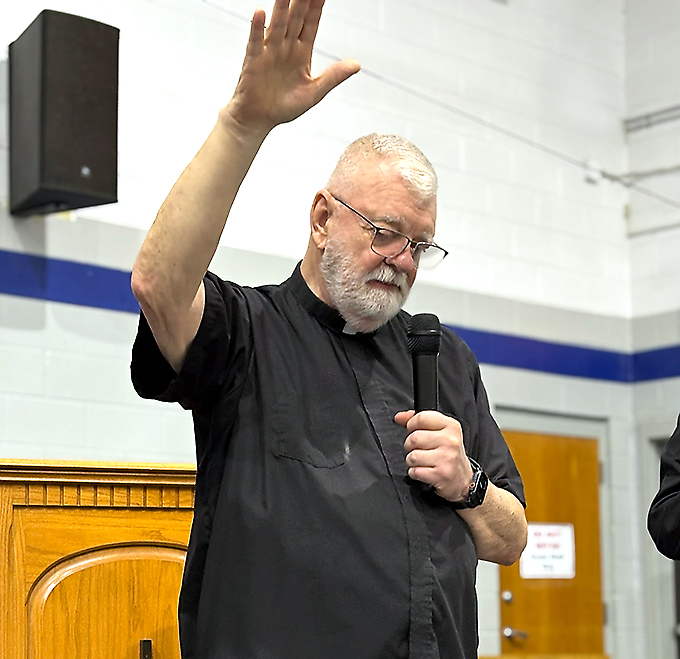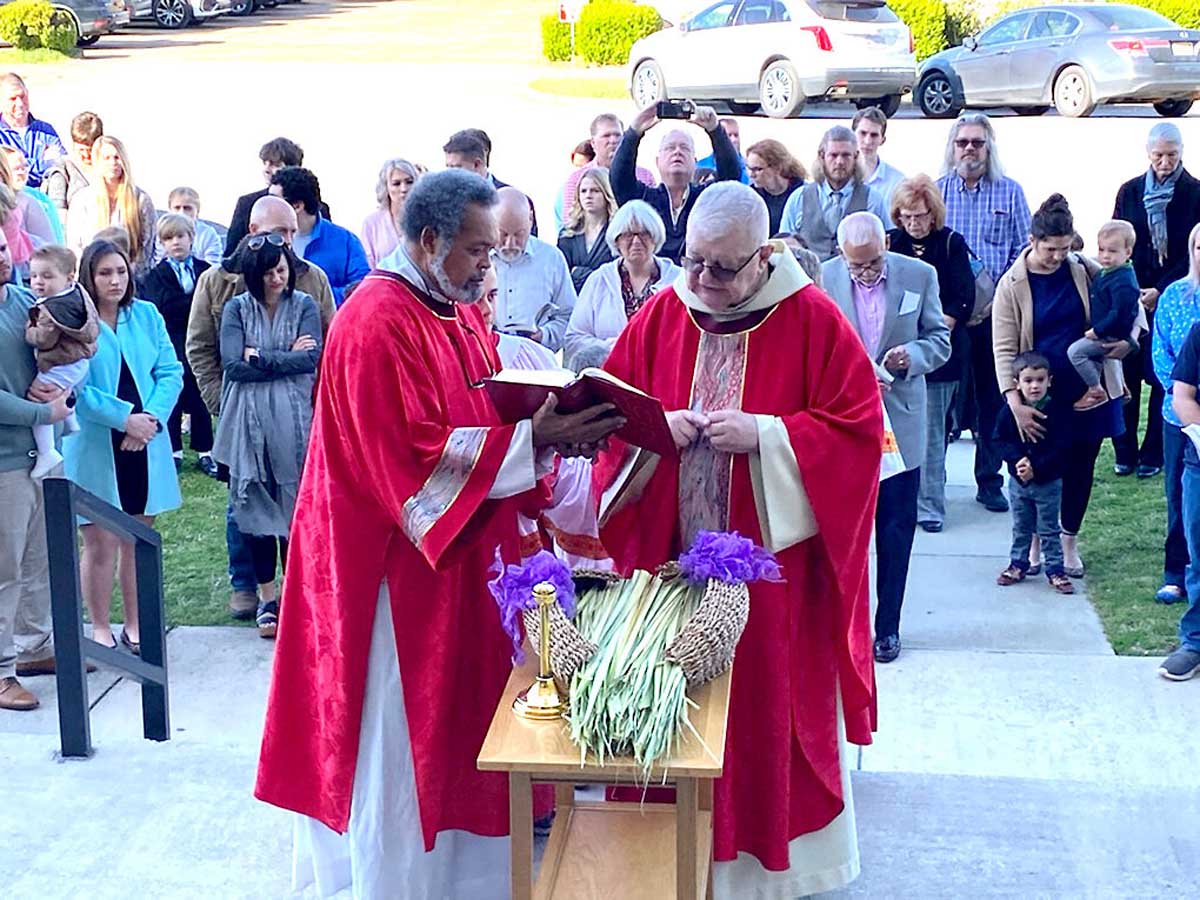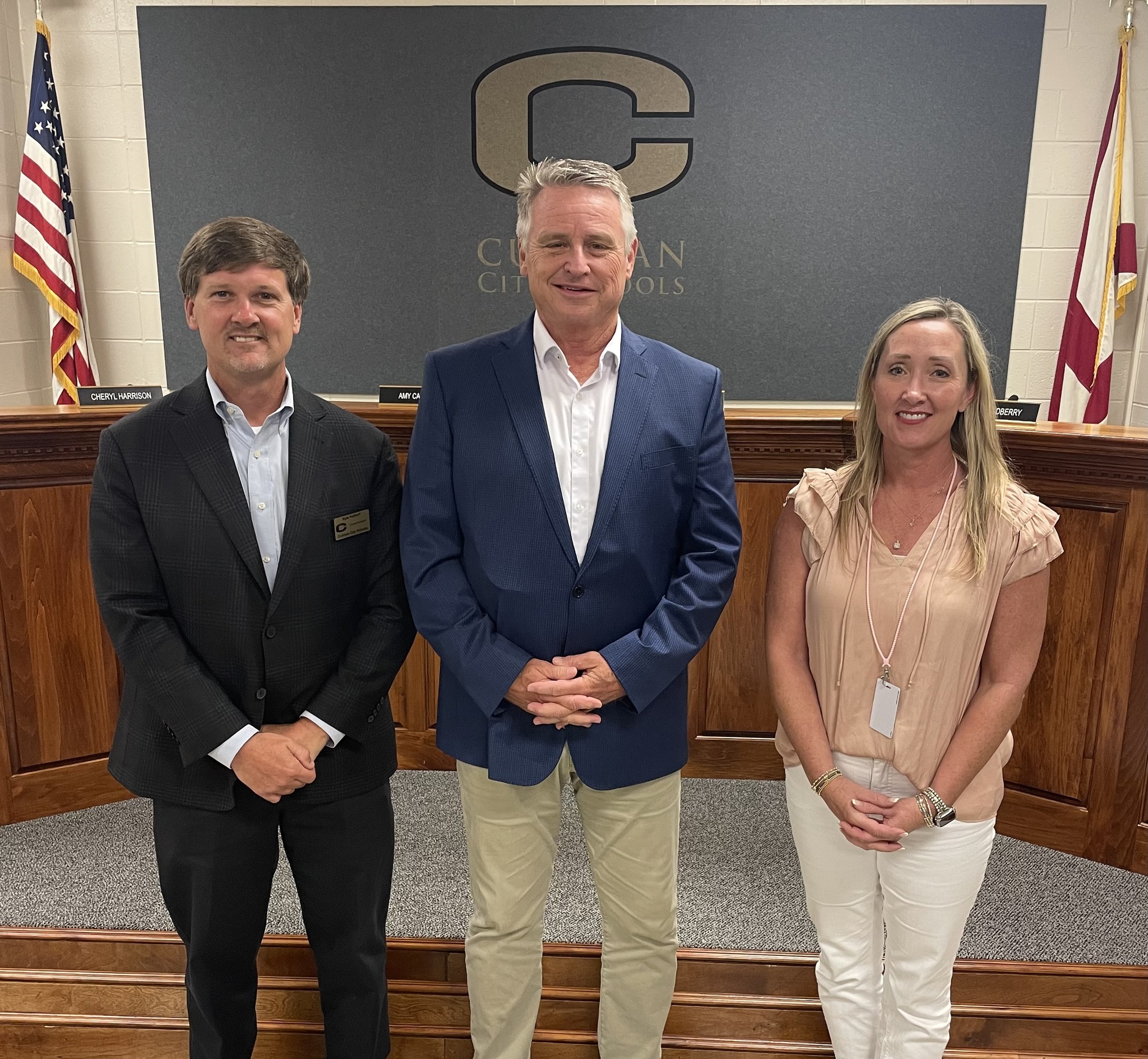Loving the land – Holmes finds rewarding life outdoors
Published 12:11 pm Monday, July 29, 2013
“God made timber buying for me — or maybe He made me for timber buying,” laughed Greg Holmes. ”I’ve met so many unique and enlightened landowners over the years, many of whom I’ve formed lifelong friendships with.”
Holmes spent a lot of time listening to older generations of landowners who have told him how land use in their own family has coincided with childbirth, marriages, deaths, storms, wars, taxes and selling land to send children to college.
Holmes, originally from Gardendale, now lives with his wife, Joy, and son, Landon, at Catalina Point. He graduated from Auburn University in 1989 with a degree in forestry management, and walked into a life that he loves.
“I’m paid to do what other people do on vacation — walk through the woods,” he said with a grin.
He says that he would much rather live life outdoors than in some concrete jungle.
Holmes works on various age class and types of timber stands like natural hardwood creek bottoms, young pine plantations as well as medium-aged once or twice thinned plantations. “This is much different from the kind of crops that other farmers grow,” he smiled.
He works his trees in all seasons – dealing with snakes, hornets, spiders, ticks, heat, snow, rain and mud – but would rather be doing this than anything he can think of.
Much of Holmes’ time in the woods is spent eradicating invasive species, like kudzu and privet.
Another thing that you might not think of when you think of a pine tree plantation is a little critter than can do a lot of damage – a beaver. They can cut young pine saplings, which dam up the creek, thus backing up the timberland and drowning more trees. They go further out and build bigger dams, destroying even more acreage. He has them trapped to prevent further damage, and relocated.
Holmes teaches land management usage every chance he gets. “If someone wants to make the best use of their land, and it is flat, fertile land, it is best served in row crops, or truck farms for a variety of vegetables and/or fruit trees. Good land is often planted in hayfields, mediocre land for pasture, and if the land can’t support any of these commodities what’s left is good for forest land.
“Like anything else, your forest lands, if managed, your profitability will increase,” he said.
According to Holmes, who works as a timber buyer all over North Alabama, the history of managed pine plantations has delivered a higher yield than unmanaged, natural stands. “Most people want to know how quickly they can realize a profit from their pines,” he noted. “It the prep work is done, then within 15-16 years they can realize a good harvest.”
Joy Holmes works at Cullman/Jefferson Gas in town, but has on occasion helped her husband with their investment. “On our second anniversary I got her a backpack sprayer,” he laughed. “She used it, too!”
As jobs go, his is probably not the easiest in the world, but it is just the definition of the old adage, “If you love what you do, you will never work a day in your life.”
Greg and Joy Holmes will be one of six farming/agricultural couples seated among the guests at the Farm to Fork dinner August 23, 2013.
In this capacity, the Holmes will be able to answer questions about the plantation pine industry, forestry, and living the good life.
Holmes works for Jasper Lumber Company. The Farm to Fork dinner precedes the Farm Y’All event scheduled for the next day. Everyone is invited to the event, Saturday, Aug. 24, 2013. Farm Y’All will be located at the Festhalle Market Platz and Depot Park, including the Cullman County Museum.
For more information, please call 256-734-0454 or visit www.farmyall.com.





